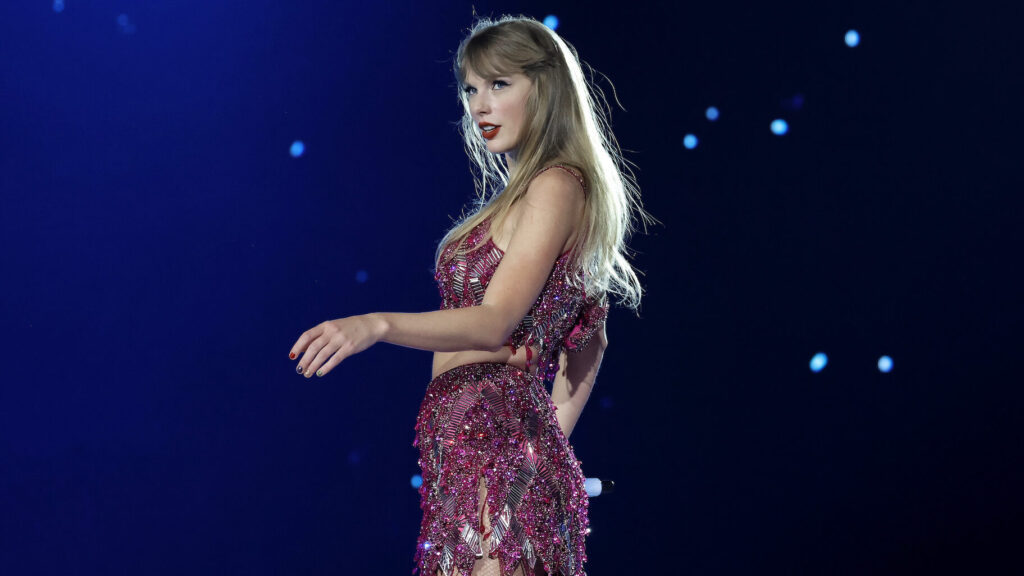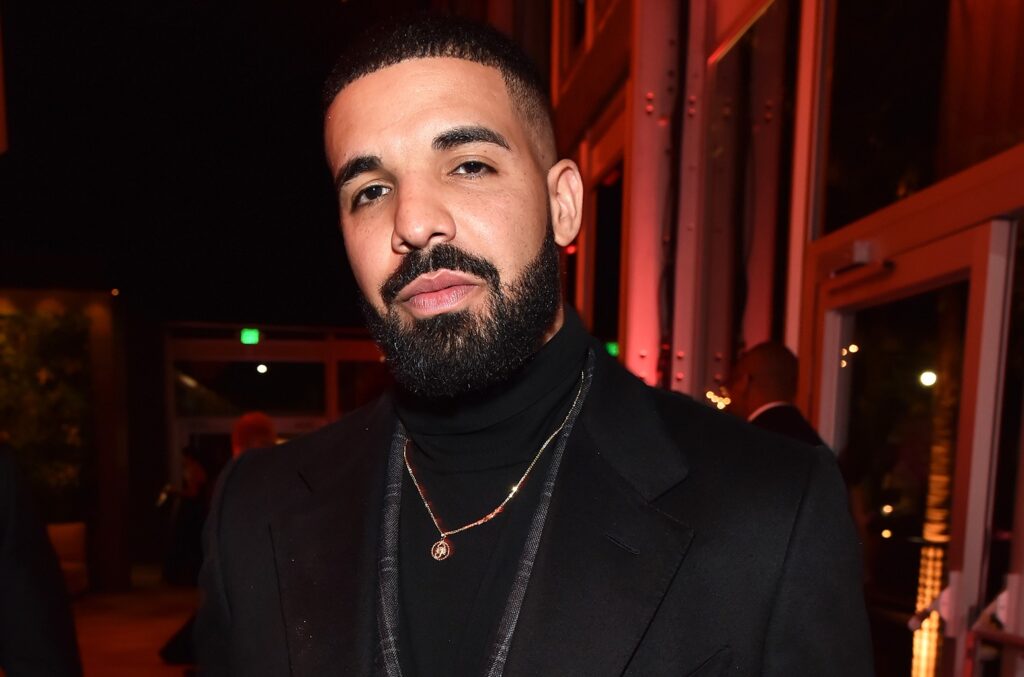TikTok, the popular video-sharing platform, has recently faced a major setback as Universal Music Group (UMG) starts removing the music catalogs of its represented performers, including renowned artists like Taylor Swift, Drake, and Olivia Rodrigo. The removal of these artists’ music from TikTok comes after failed negotiations to renew licensing agreements between UMG and the platform. This article will delve into the reasons behind this dispute and explore the potential implications for both TikTok and the music industry as a whole.
 The Licensing Agreement Dispute
The Licensing Agreement Dispute
The licensing agreement between UMG and TikTok expired on January 31st, leading to a breakdown in negotiations for its renewal. UMG accused TikTok of pressuring them into accepting a “bad deal,” which failed to address concerns related to artist compensation, AI-generated music, and online safety. The record label expressed the need for adequate compensation for artists and songwriters, as well as protection against hate speech, bigotry, bullying, and harassment on the platform.
In response, TikTok expressed disappointment with UMG’s decision to walk away from a platform with over a billion users. The platform accused UMG of prioritizing their own financial interests over those of their artists and songwriters. The dispute highlights the complex dynamics between music labels, streaming platforms, and the artists themselves.
Implications for TikTok
The removal of UMG-owned music from TikTok will have significant implications for the platform. Previously, users could incorporate popular tracks from UMG artists into their videos, enhancing their content’s appeal. With UMG’s music catalog being muted, TikTok users will now have to explore alternative options from different music labels. This change might affect the creative potential and popularity of TikTok videos, as UMG artists have a massive following and their music plays an integral role in shaping trends on the platform.
Impact on Artists and Songwriters
 The absence of UMG artists’ music on TikTok could also impact the artists and songwriters themselves. TikTok has become a powerful marketing tool, enabling artists to gain exposure and reach new audiences. The removal of their music from the platform might limit their ability to connect with fans and expand their fanbase. Additionally, the dispute raises questions about fair compensation for artists and songwriters in the digital age. It underscores the need for streaming platforms and music labels to establish mutually beneficial agreements that consider the interests of all parties involved.
The absence of UMG artists’ music on TikTok could also impact the artists and songwriters themselves. TikTok has become a powerful marketing tool, enabling artists to gain exposure and reach new audiences. The removal of their music from the platform might limit their ability to connect with fans and expand their fanbase. Additionally, the dispute raises questions about fair compensation for artists and songwriters in the digital age. It underscores the need for streaming platforms and music labels to establish mutually beneficial agreements that consider the interests of all parties involved.
Alternative Music Options
As UMG’s music is being removed from TikTok, users will need to explore alternative music options from different labels. This presents an opportunity for other music labels to step in and fill the void left by UMG. Artists and songwriters from these labels may experience increased exposure as TikTok users seek out new tracks to incorporate into their videos. Additionally, this situation might encourage the growth of independent artists and smaller record labels, allowing for a more diverse range of music on the platform.
The Future of Music and Streaming Platforms
The dispute between UMG and TikTok highlights the ongoing challenges and complexities surrounding music licensing agreements in the digital era. As streaming platforms continue to grow in popularity, finding a balance between compensating artists and songwriters adequately and ensuring a vibrant and engaging user experience becomes crucial. This situation could prompt a broader discussion within the music industry about the fair distribution of revenue generated by streaming platforms and the protection of artists’ rights.
Conclusion
The removal of Universal Music Group’s music catalogs from TikTok marks a significant development in the relationship between music labels and streaming platforms. The dispute over licensing agreements highlights the need for fair compensation for artists and songwriters, as well as robust measures to ensure online safety and protect against AI-generated music. While this situation presents challenges for both TikTok and the music industry, it also opens up opportunities for alternative music options and encourages discussions about the future of music in the digital age. As the situation unfolds, it will be interesting to see how both TikTok and UMG adapt and navigate this evolving landscape.
Disclaimer: The information provided in this article is based on publicly available sources and does not constitute legal or financial advice.



